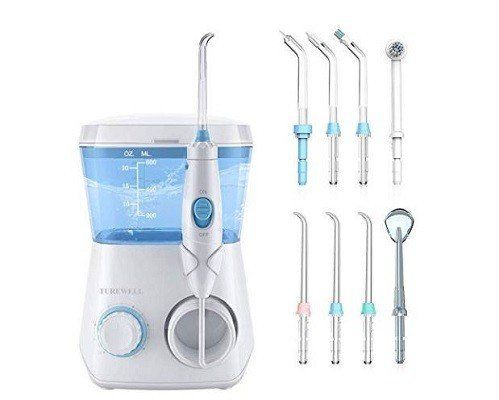Health Risks of Gum Disease
Also known as periodontal disease, gum disease has affected millions of people all over the world, causing inflamed gums and bleeding and even leading to more serious problems for your health if left unchecked for too long. Scientists are learning that inflammation of the gums and bacterial growth inside your mouth could be linked with premature birth, dementia, heart problems, and other severe health issues.
How Does Gum Disease Happen?
Bacteria inside the mouth that have accumulated will form plaque, which is a sticky material that coats the teeth and turns sugar into acid, which leads to tooth decay and enamel erosion. Plaque is often cleared away after a good brushing and flossing, but when you don’t clean your teeth effectively or often enough, plaque will build up, continue causing damage, and eventually lead to gum disease. This causes your gums to pull back from your teeth, thereby allowing the bacteria to begin attacking your teeth’s supporting bone structure. This can eventually result in you losing teeth, but it can also negatively affect your health.
Gum Disease and Other Health Issues
Researchers have learned how much gum disease affects the entire body, with gum disease being linked to such major health concerns as the following:
· Dementia
· Diabetes
· Heart disease
· Premature birth
· Rheumatoid arthritis
It’s believed inflammation is the common factor among these diseases, as mouth inflammation could lead to inflammation elsewhere in the body. Heart disease and rheumatoid arthritis are two conditions that have increased inflammation accompany them. Premature birth and gum disease are still receiving careful study, as babies born prematurely are more likely to develop lifelong health problems.
There have been several studies that have linked disease gum treatment for pregnant women with an increased likelihood of infants being carried to term. This research isn’t definitive yet, but early indications could point to periodontal disease impacting the next generation.
How Can I Prevent Gum Disease?
Fortunately, it’s easy to avoid developing gum disease and the resulting tooth decay. Brushing your teeth twice per day—in such a way that doesn’t result in your gums pulling back—with a fluoride toothpaste as well as flossing at least once a day can help prevent plaque buildup (a water flosser is recommended for best results, especially if you have bridgework in place). Make sure to top this routine off with antimicrobial mouthwash in order to reduce the amount of mouth bacteria that can cause plaque. Also, remember to schedule regular dental appointments every six months, as this can greatly help you and your dental professional monitor your dental health, especially for any early indications of gum disease.
Ready to schedule an appointment? Click here. If you would like to learn more about the Sampson Dental Group before scheduling an appointment, please click here.











